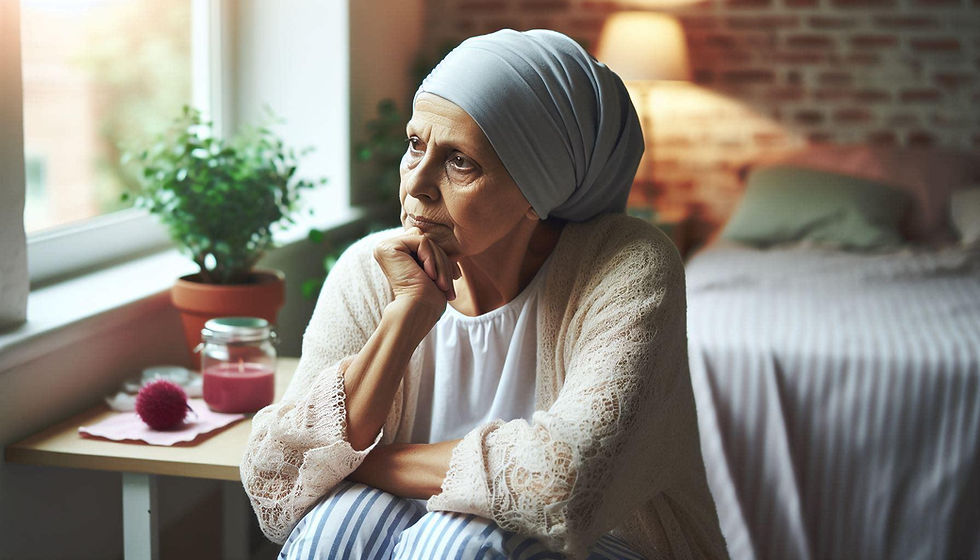
Imagine waking up each morning to a world that seems subtly different, where the familiar landscape of your life is now overshadowed by the persistent presence of pain. For many cancer patients undergoing treatment or palliative care, this scenario is a stark reality. Coping with pain can be one of the most challenging aspects of battling cancer, but there are practical strategies and tips that can make a significant difference in improving quality of life.
Understanding the Challenge
According to the American Cancer Society, nearly 1.9 million new cancer cases are expected to be diagnosed in the United States this year alone. Among the myriad of physical and emotional challenges faced by cancer patients, pain management remains a critical priority. Whether it's acute pain from treatments like chemotherapy or radiation, or chronic pain resulting from the disease itself, finding effective coping mechanisms is essential.
Practical Tips for Managing Pain
Medication Management: Work closely with your healthcare team to develop a comprehensive pain management plan. This may involve a combination of prescription medications and over-the-counter remedies to alleviate discomfort.
Mind-Body Techniques: Incorporate relaxation and mindfulness practices into your daily routine. Techniques such as deep breathing, guided imagery, and meditation can help reduce stress and manage pain perception.
Physical Therapy and Exercise: Engage in gentle exercise and physical therapy tailored to your abilities. This can improve flexibility, strengthen muscles, and release endorphins that act as natural pain relievers.
Nutrition and Hydration: Maintain a balanced diet and stay hydrated. Proper nutrition can support overall well-being and aid in managing treatment-related side effects.
Alternative Therapies: Explore complementary therapies like acupuncture, massage therapy, or yoga. These modalities can provide additional relief and promote a sense of relaxation.
The Role of OPSAN
For cancer patients navigating pain management, organizations like OPSAN offer invaluable support and resources. OPSAN specializes in empowering patients and caregivers with tailored strategies to address pain and symptom management during cancer treatment and palliative care.
OPSAN collaborates closely with healthcare professionals to ensure patients receive comprehensive care, including access to educational materials, support groups, and personalized consultations. By leveraging OPSAN's expertise, cancer patients can gain greater control over their pain management journey.
Conclusion
In the midst of battling cancer, managing pain effectively can enhance both physical comfort and emotional resilience. By integrating practical strategies such as medication management, mind-body techniques, and complementary therapies, patients can optimize their quality of life throughout treatment and beyond.
Remember, pain management is not a one-size-fits-all approach. Finding what works best for you may require patience and experimentation. How have you adapted your pain management strategies to navigate the challenges of cancer treatment?
Comments